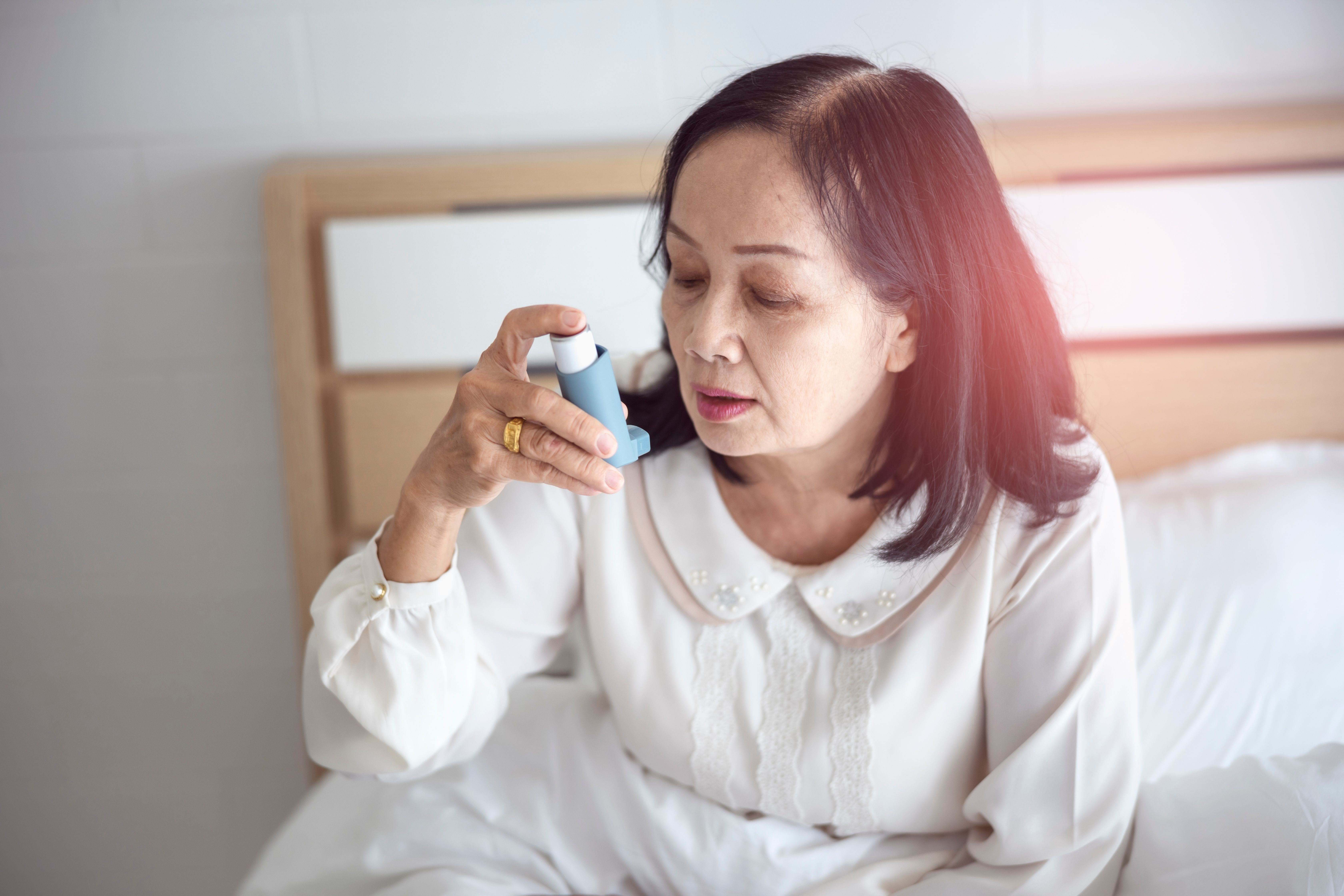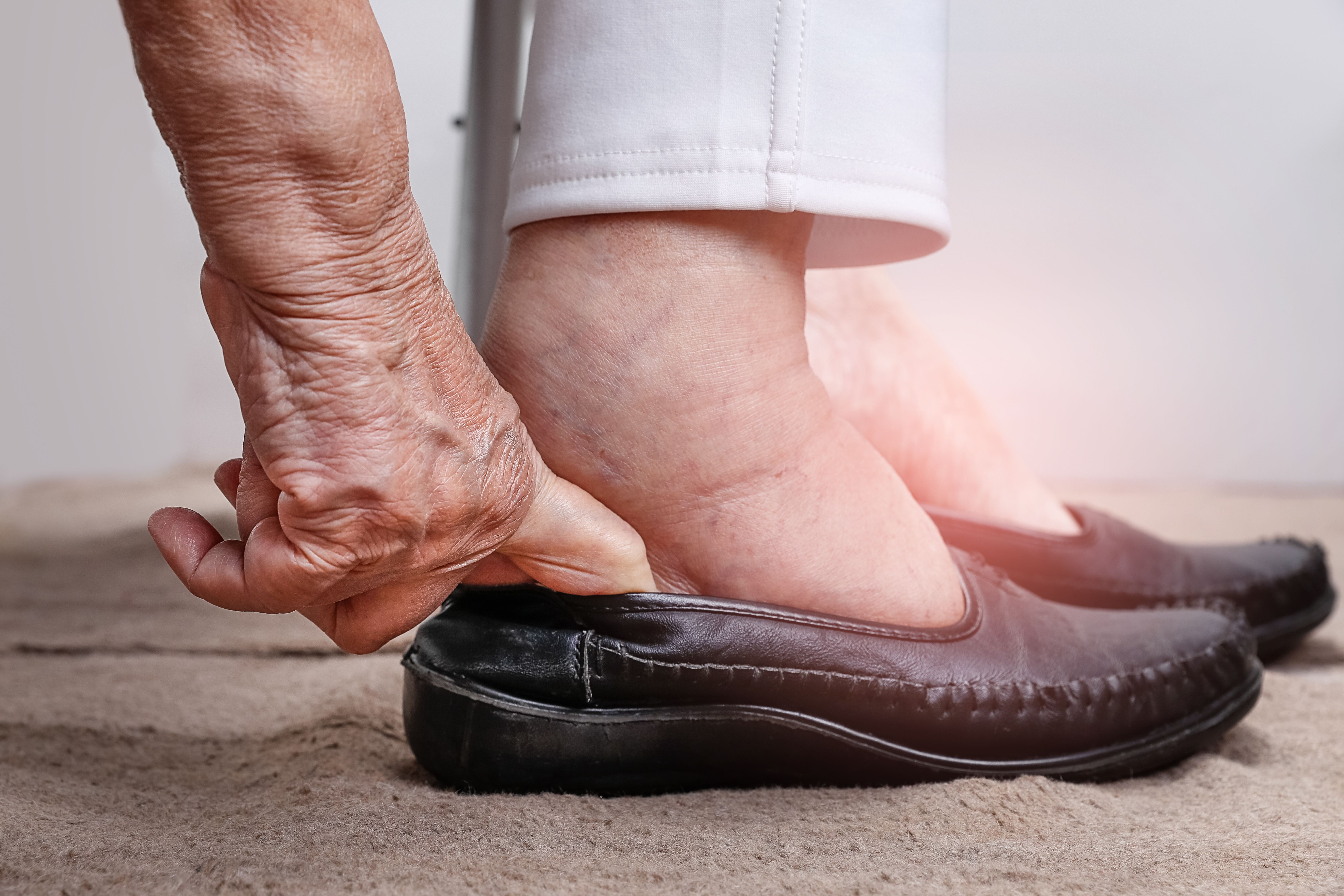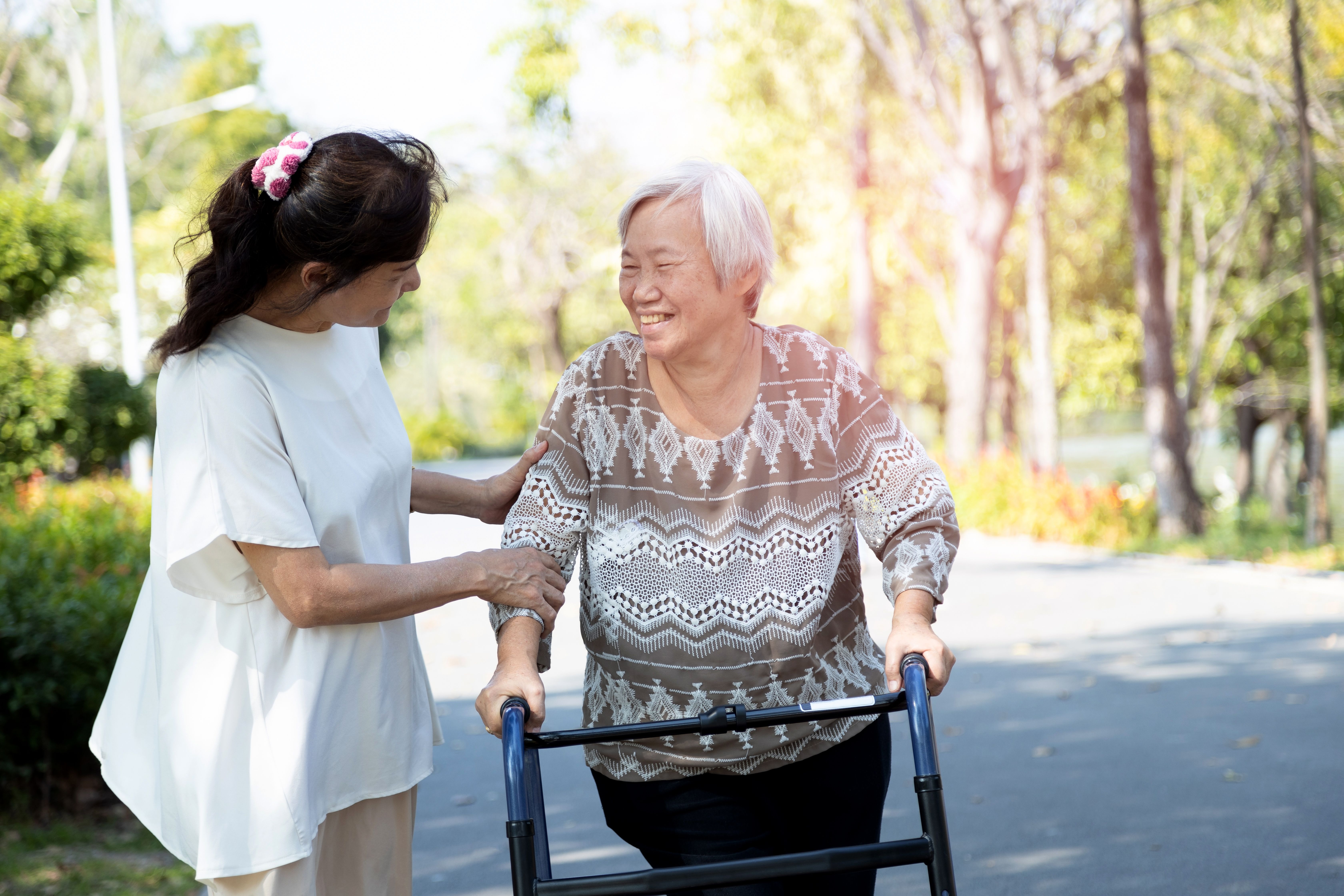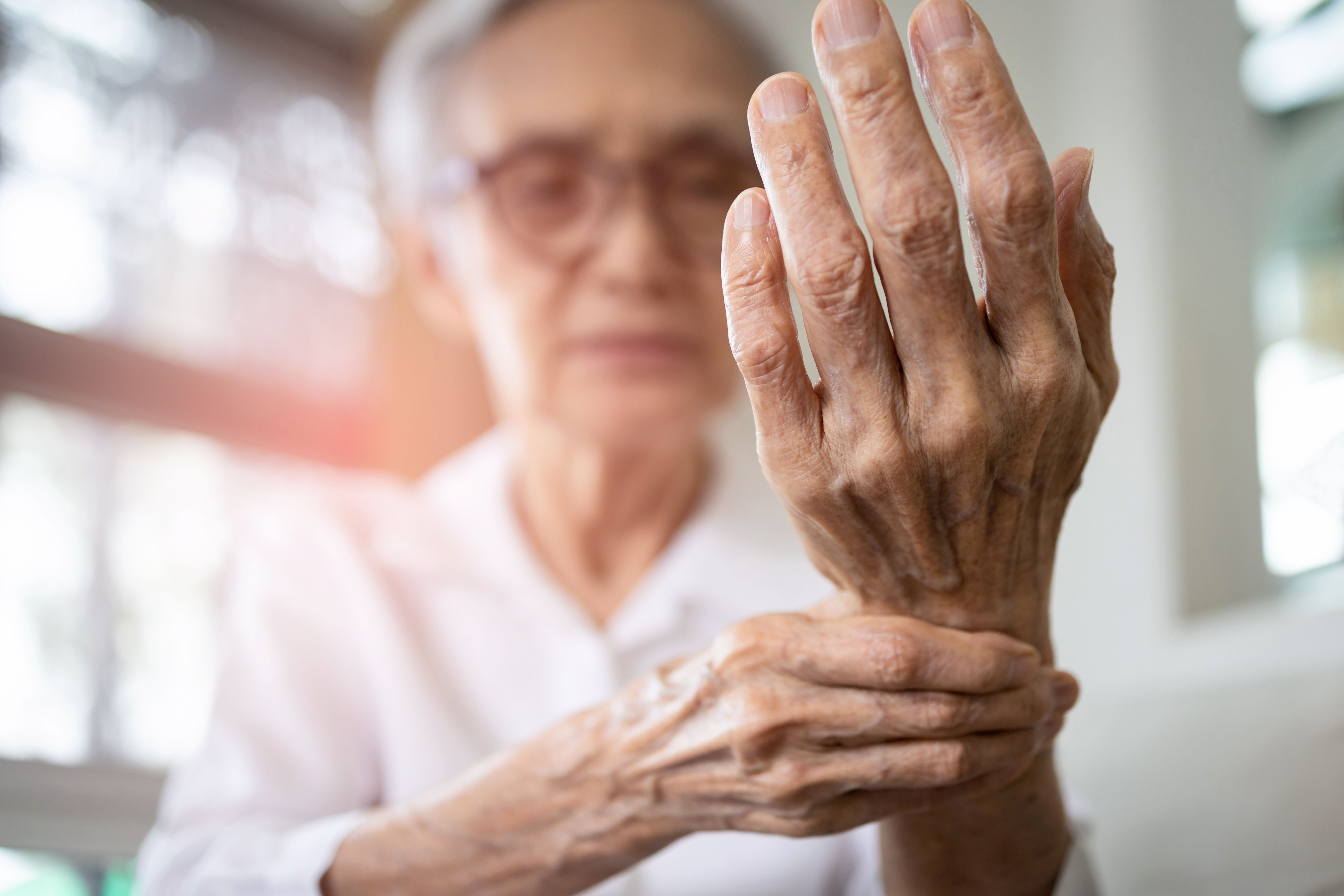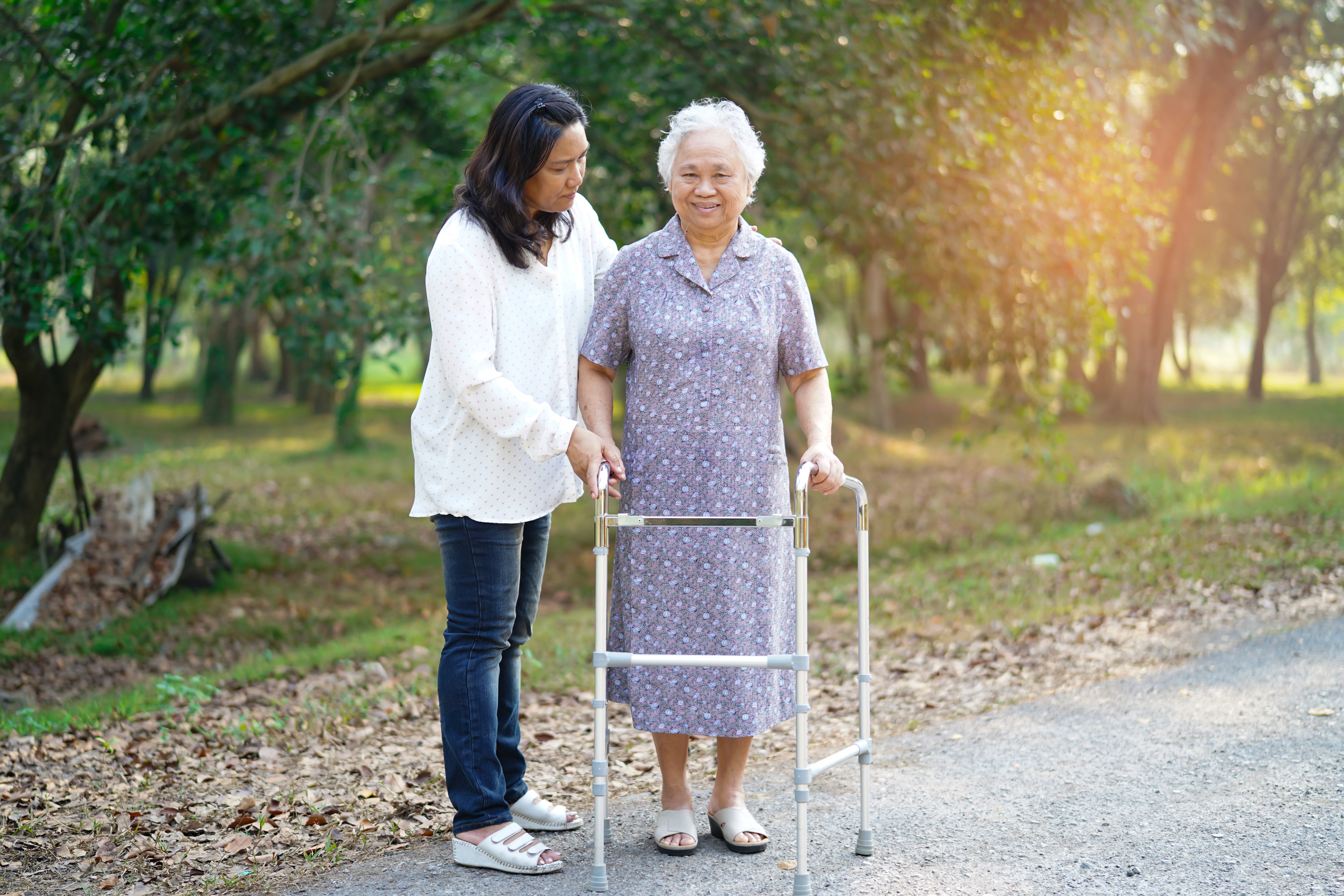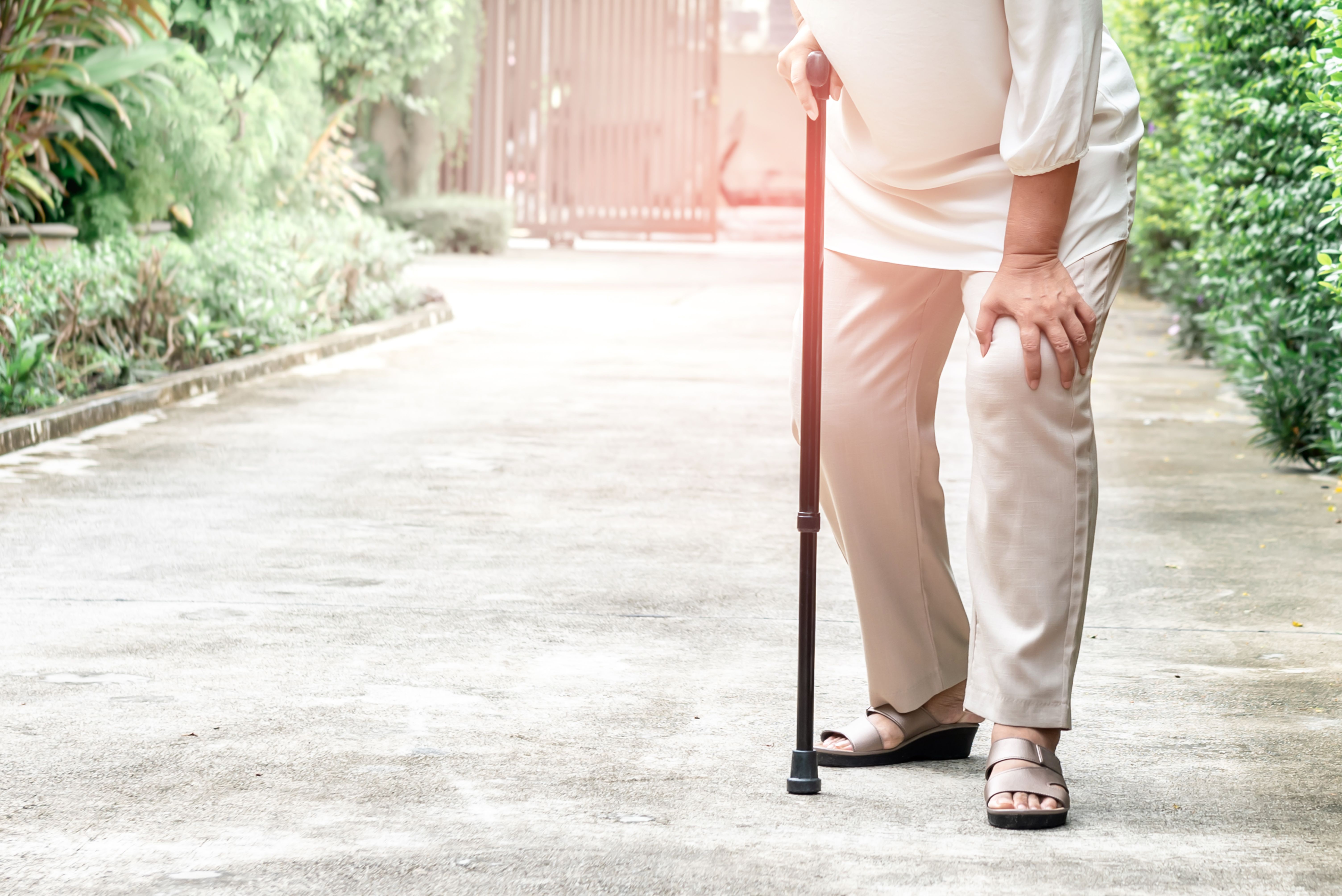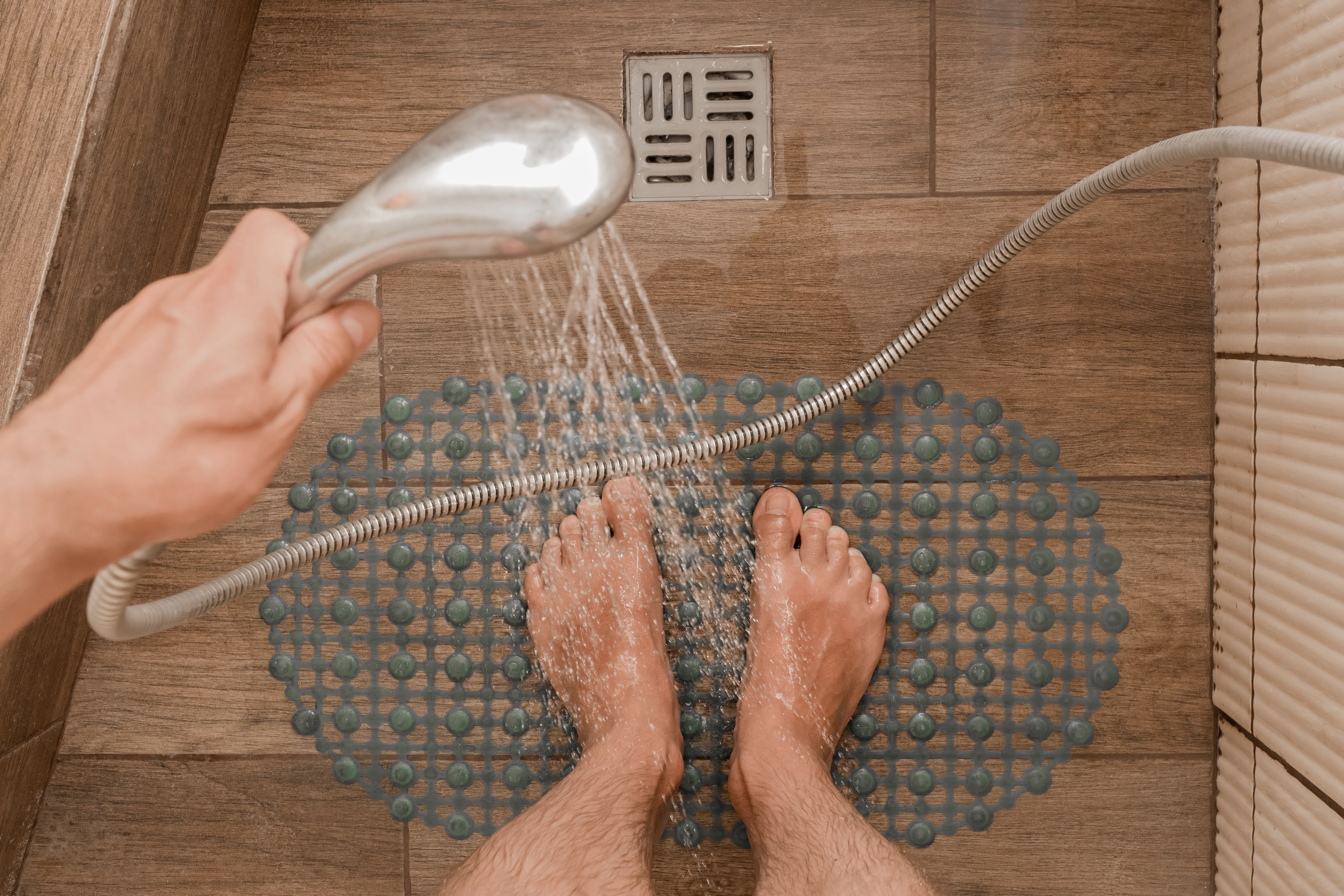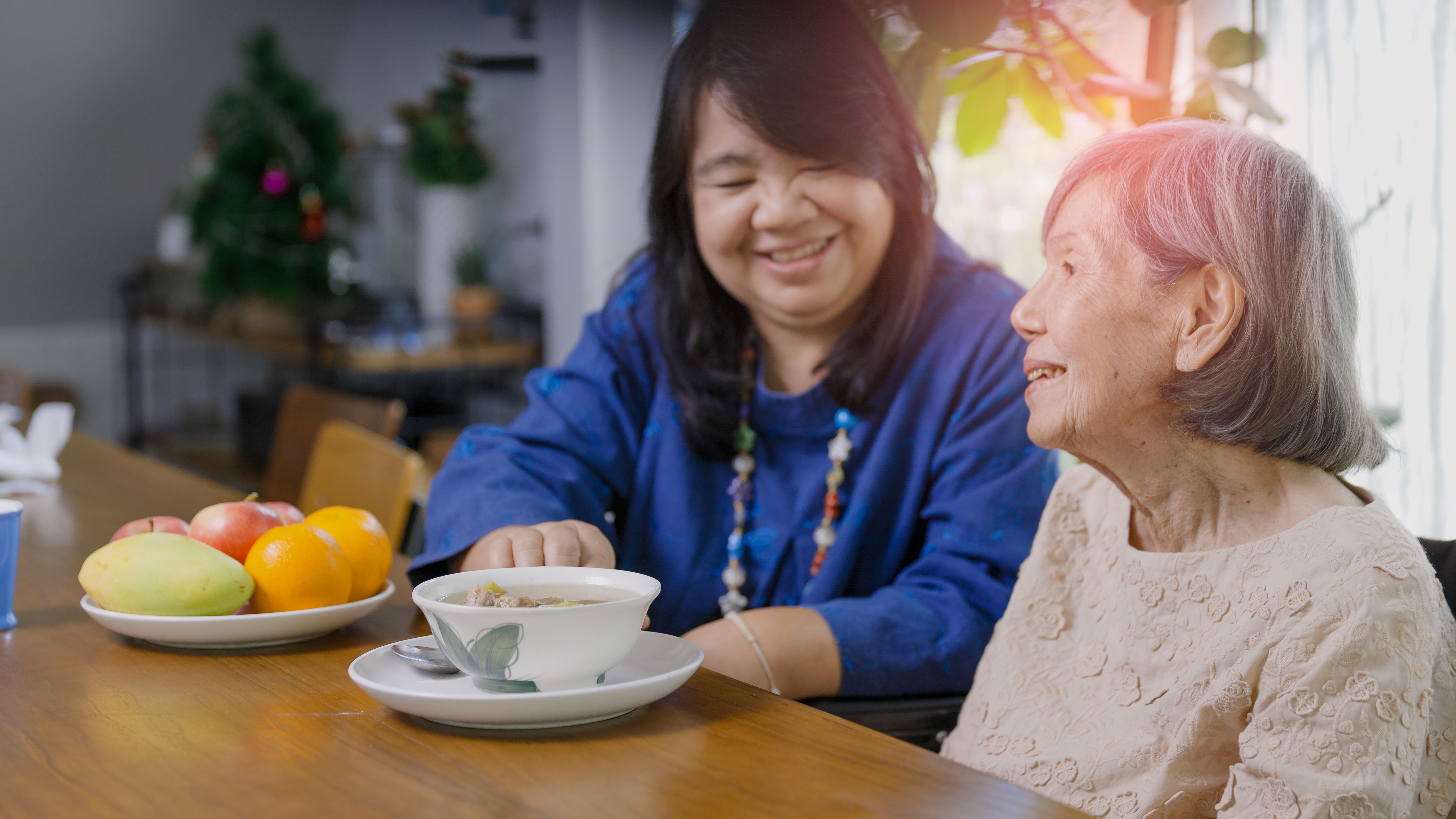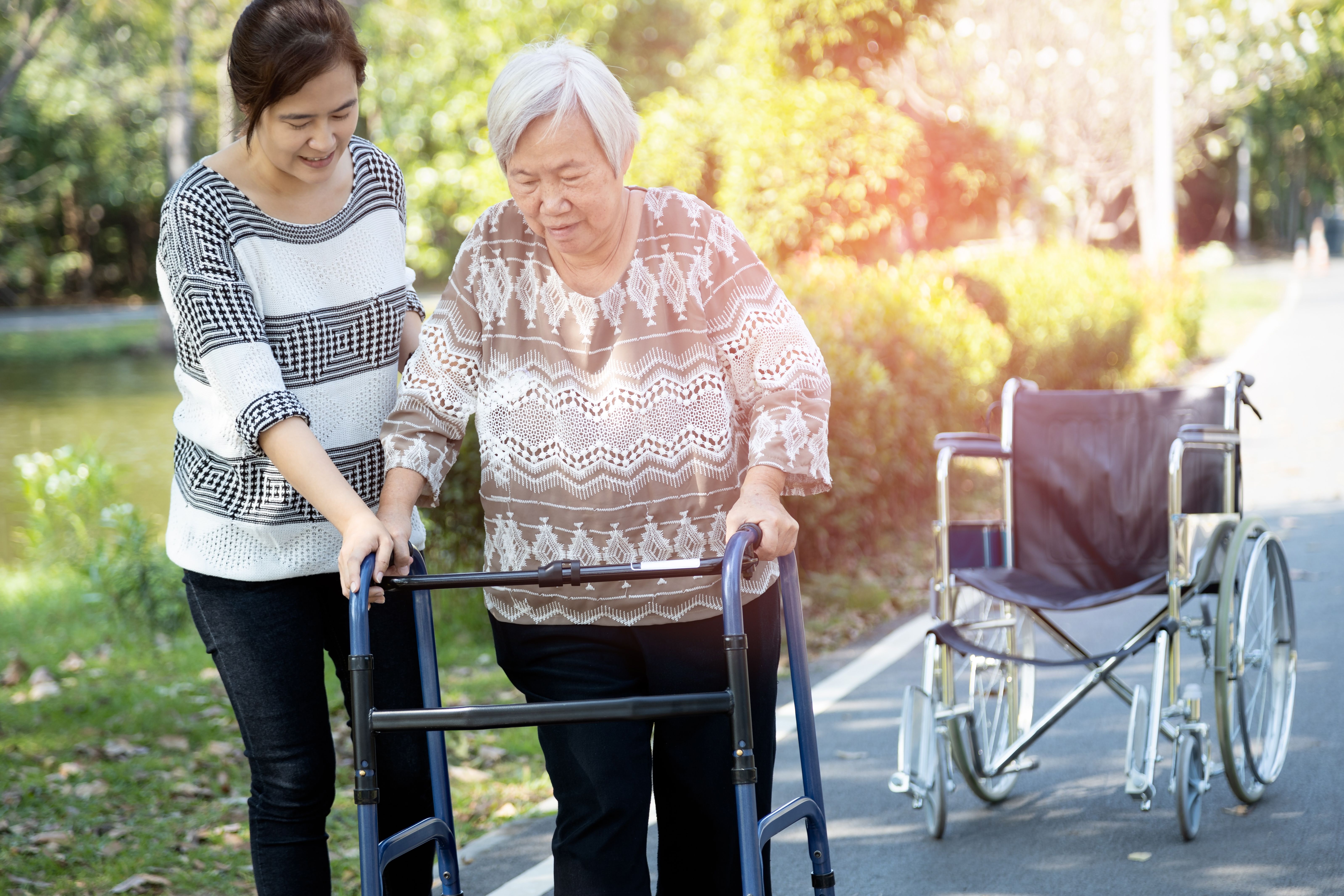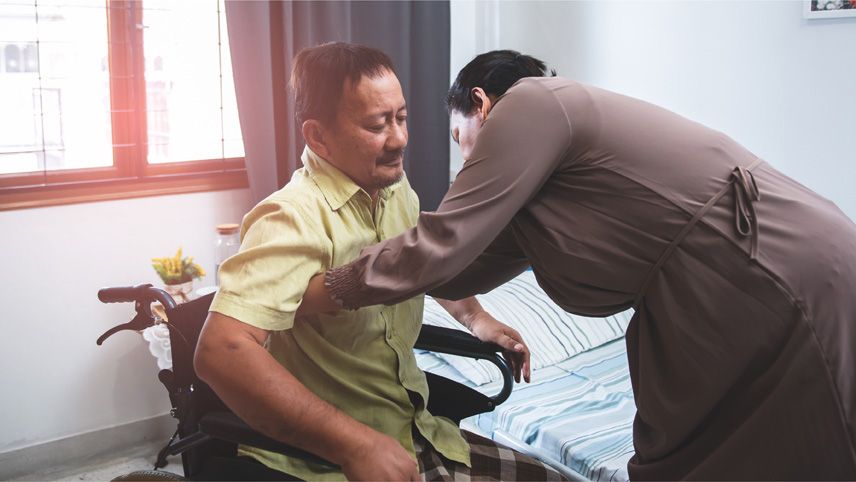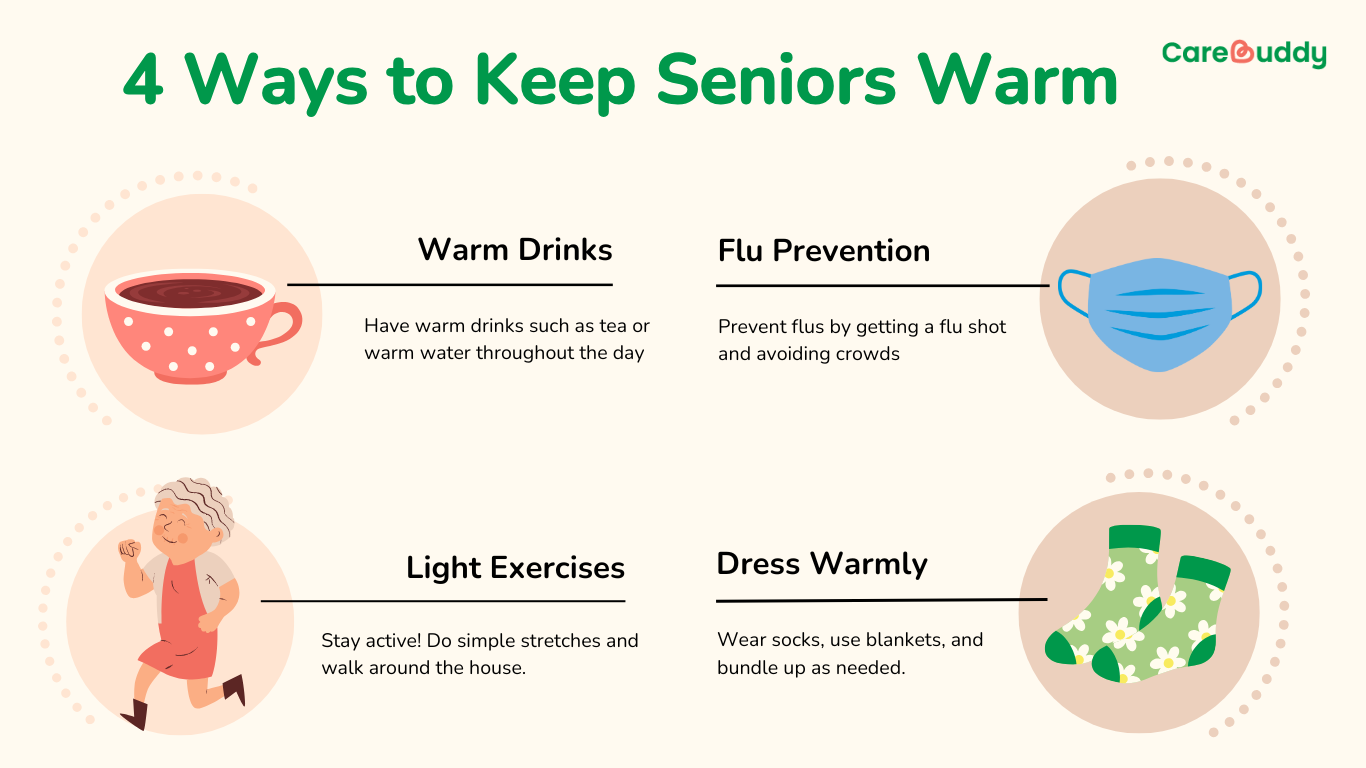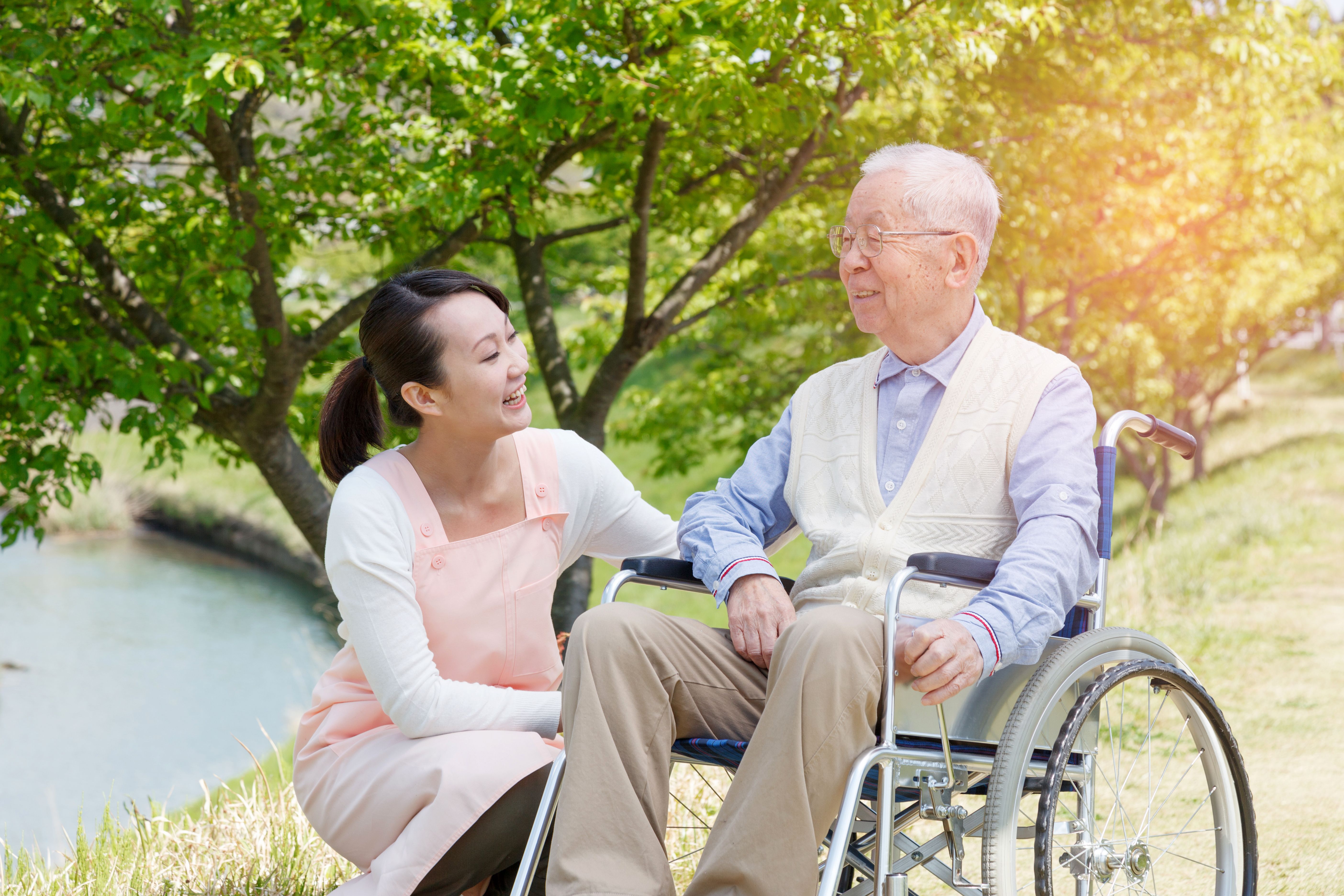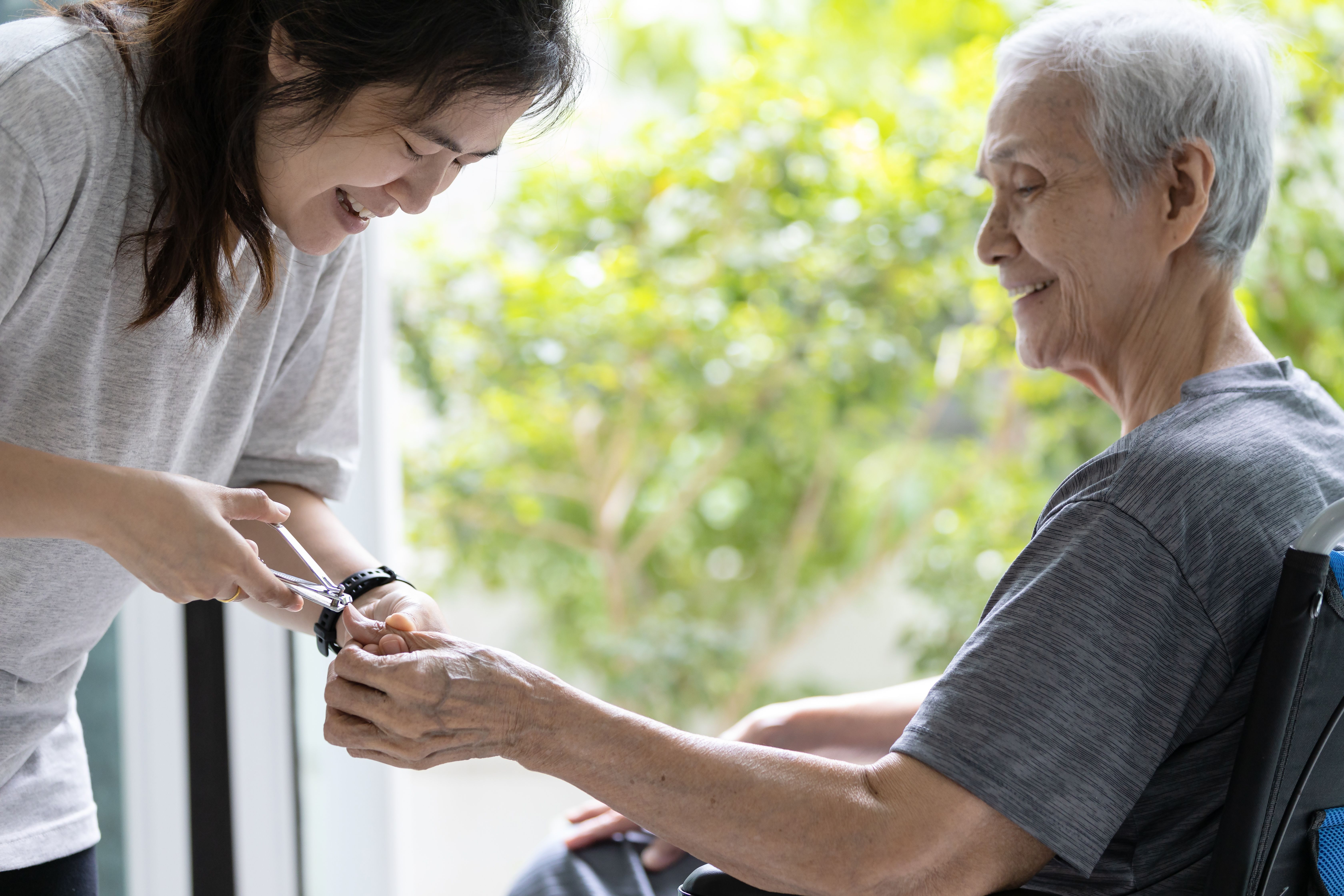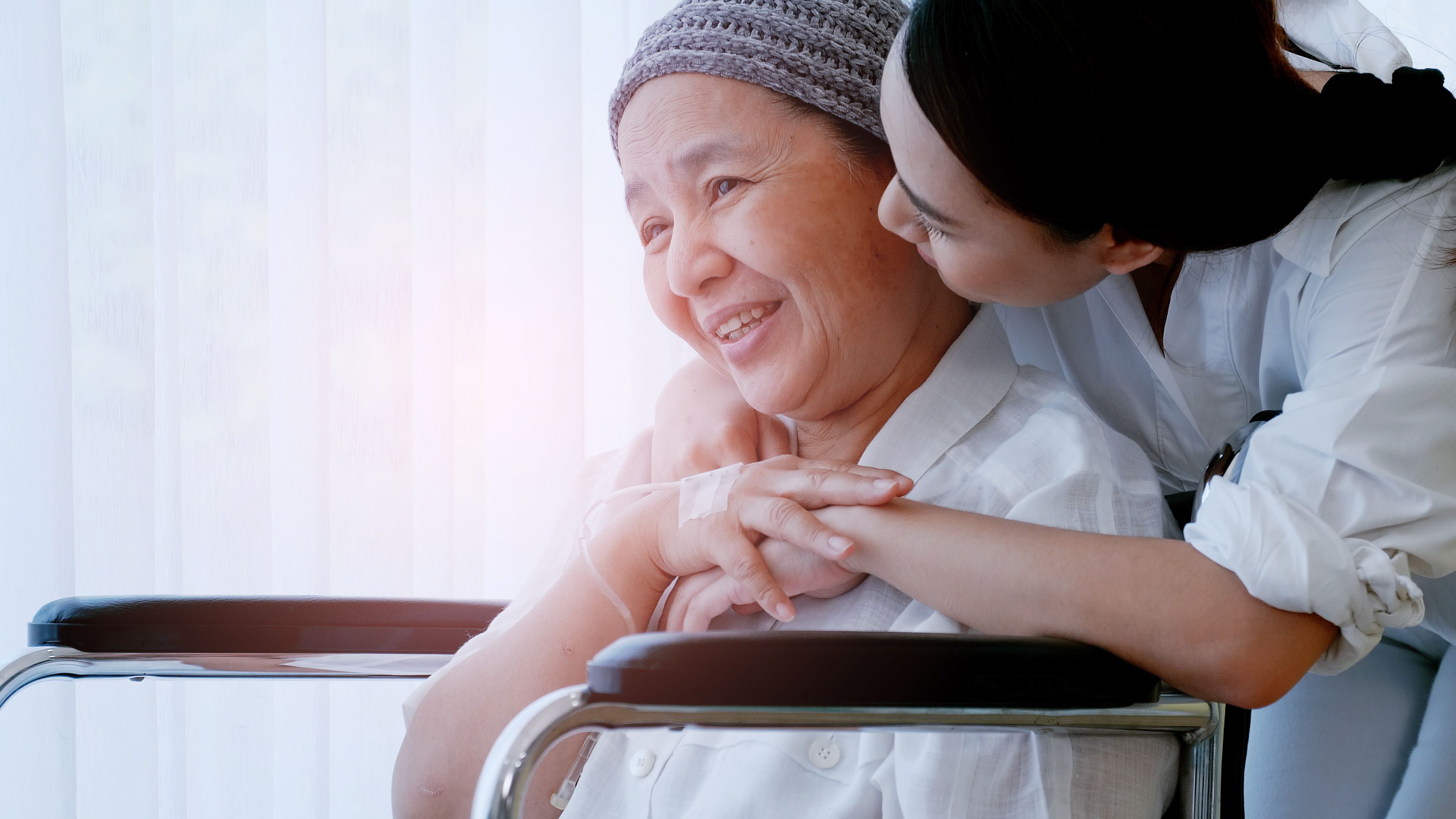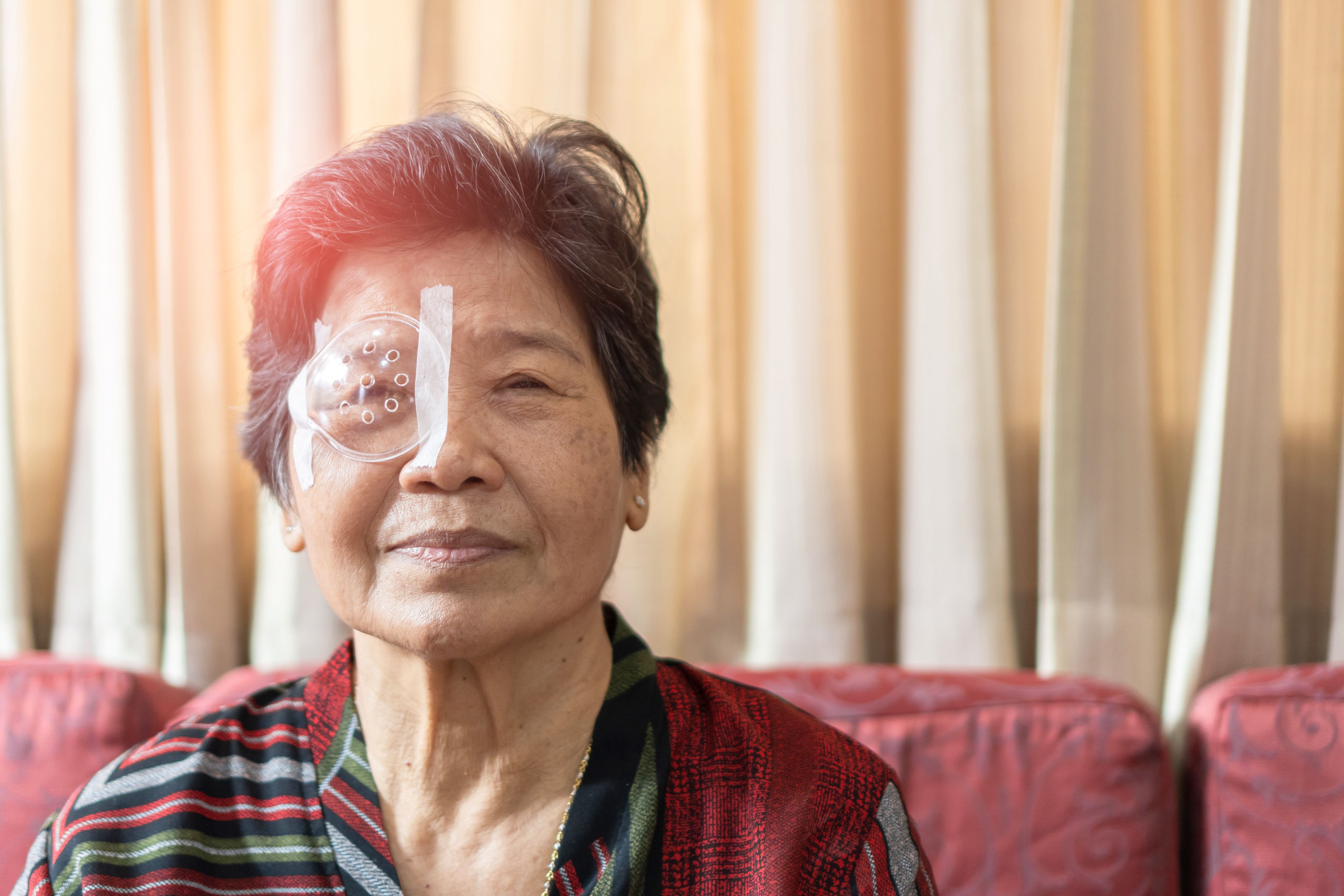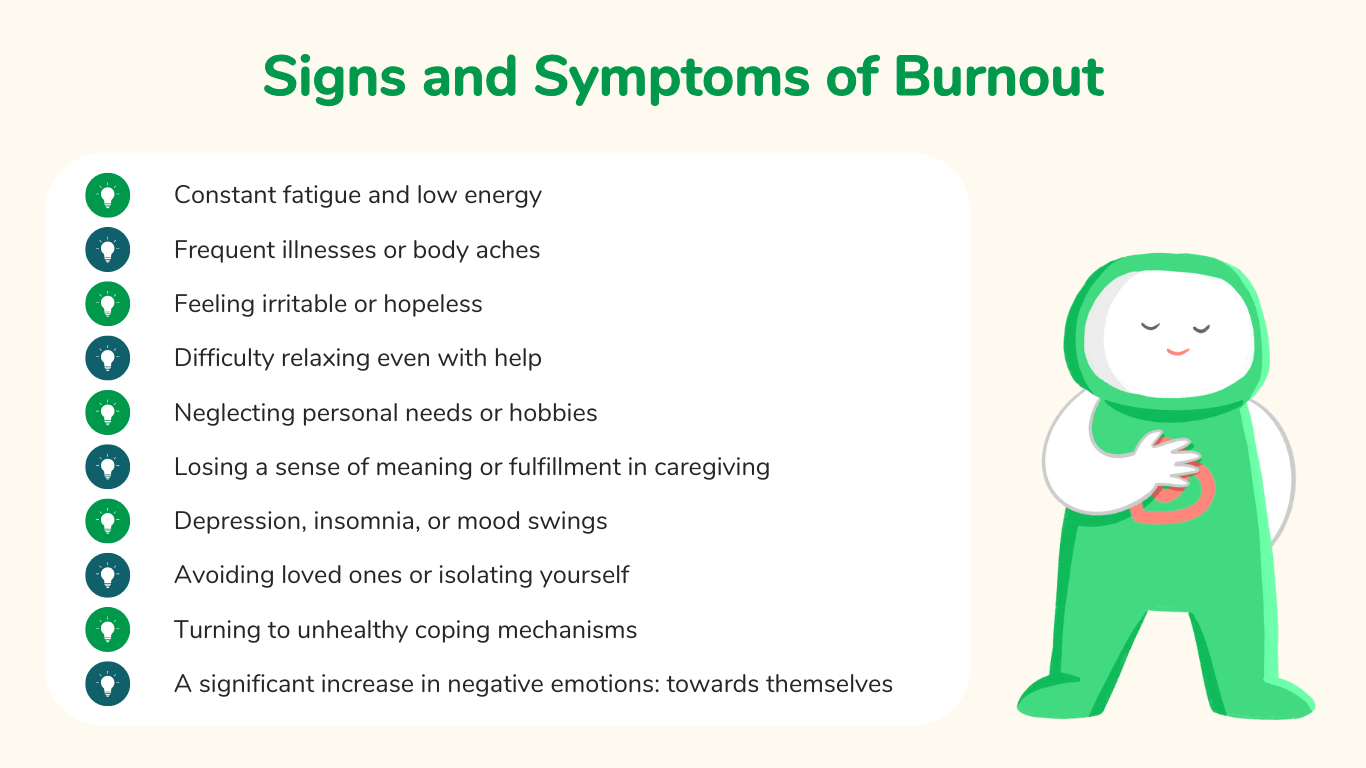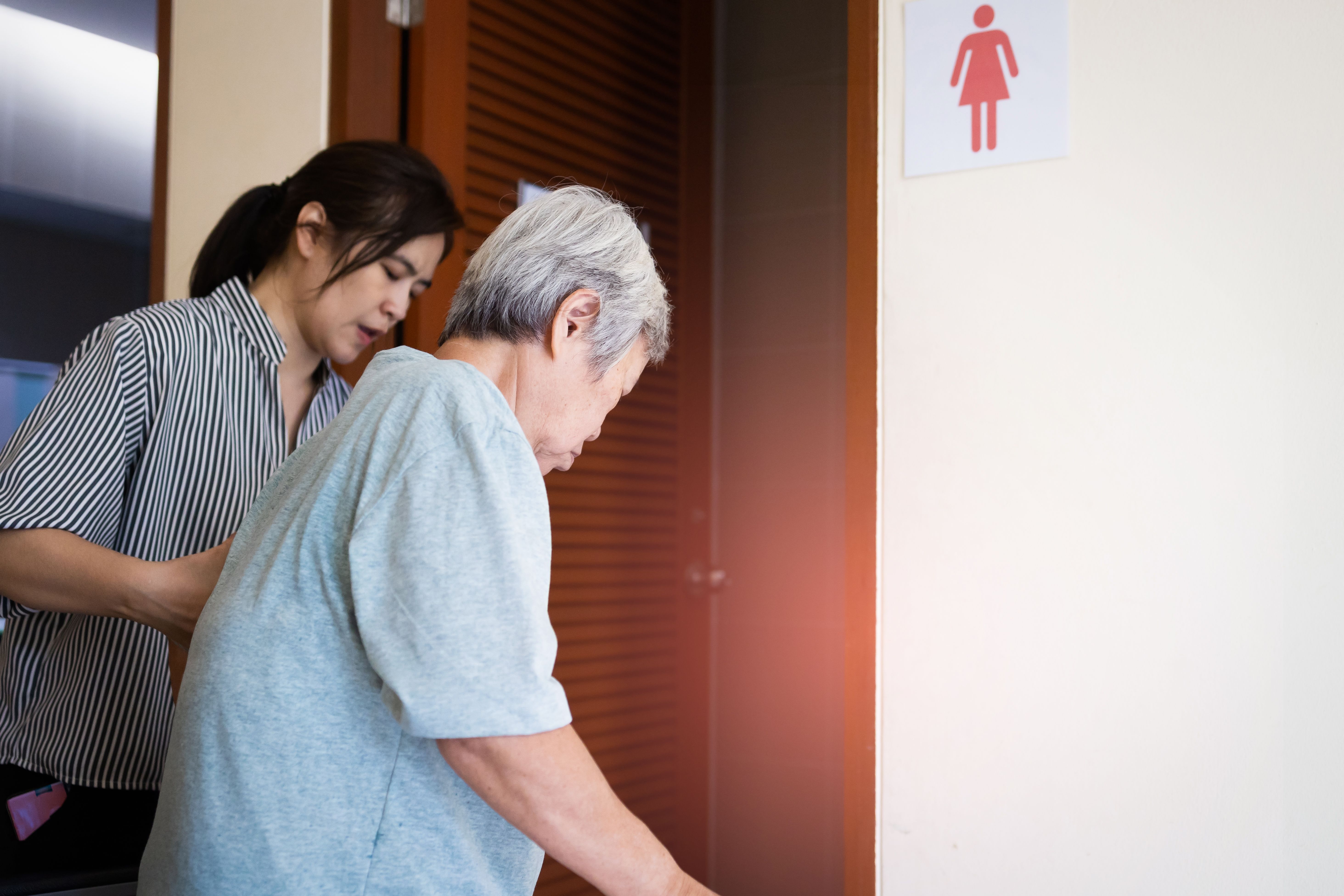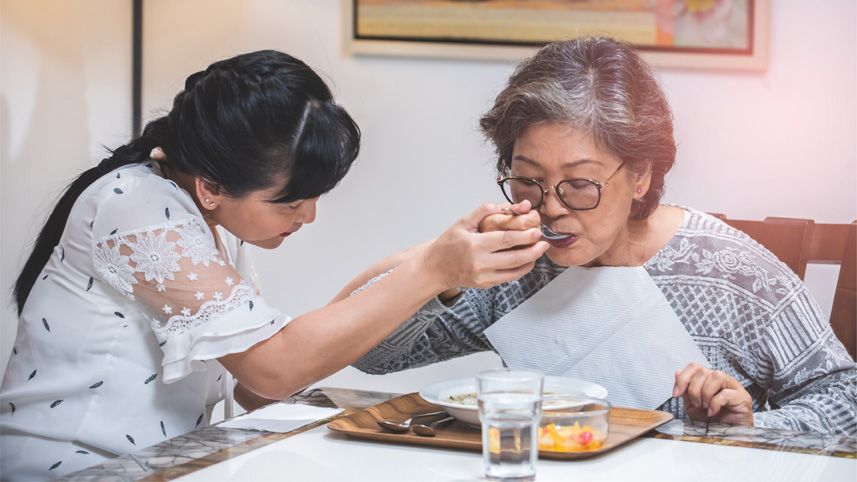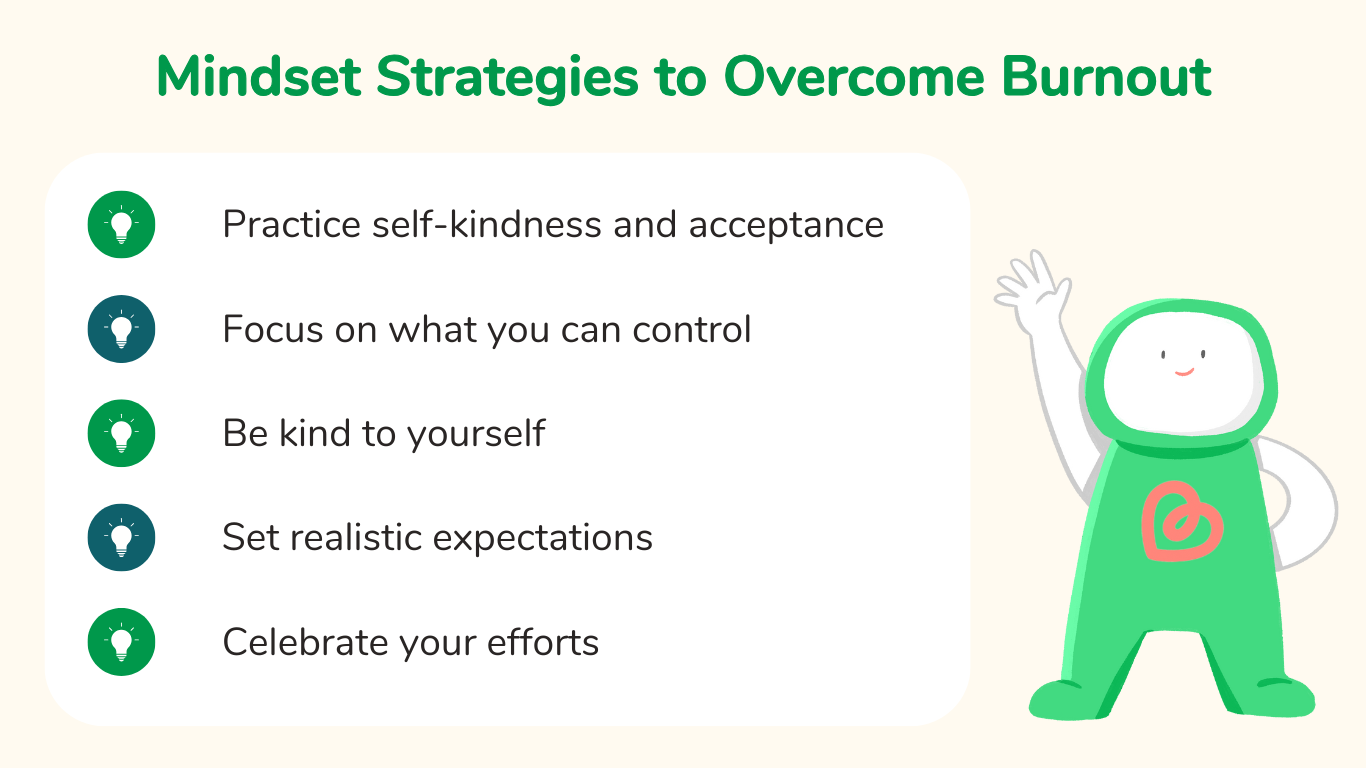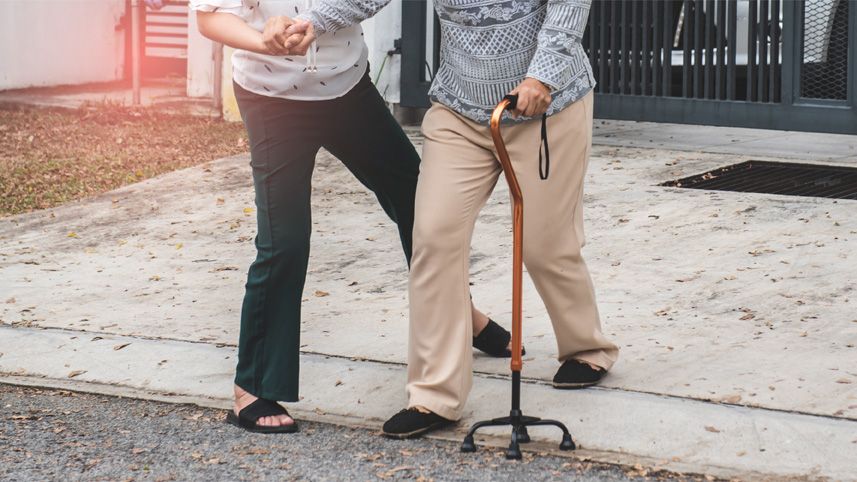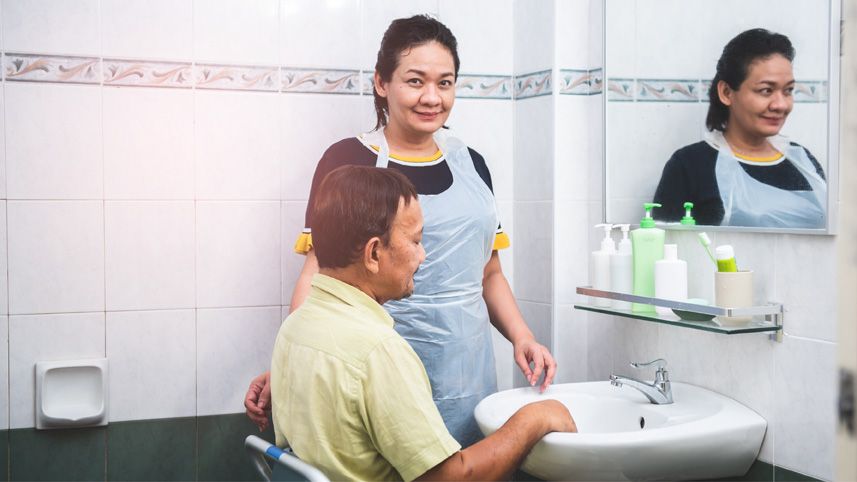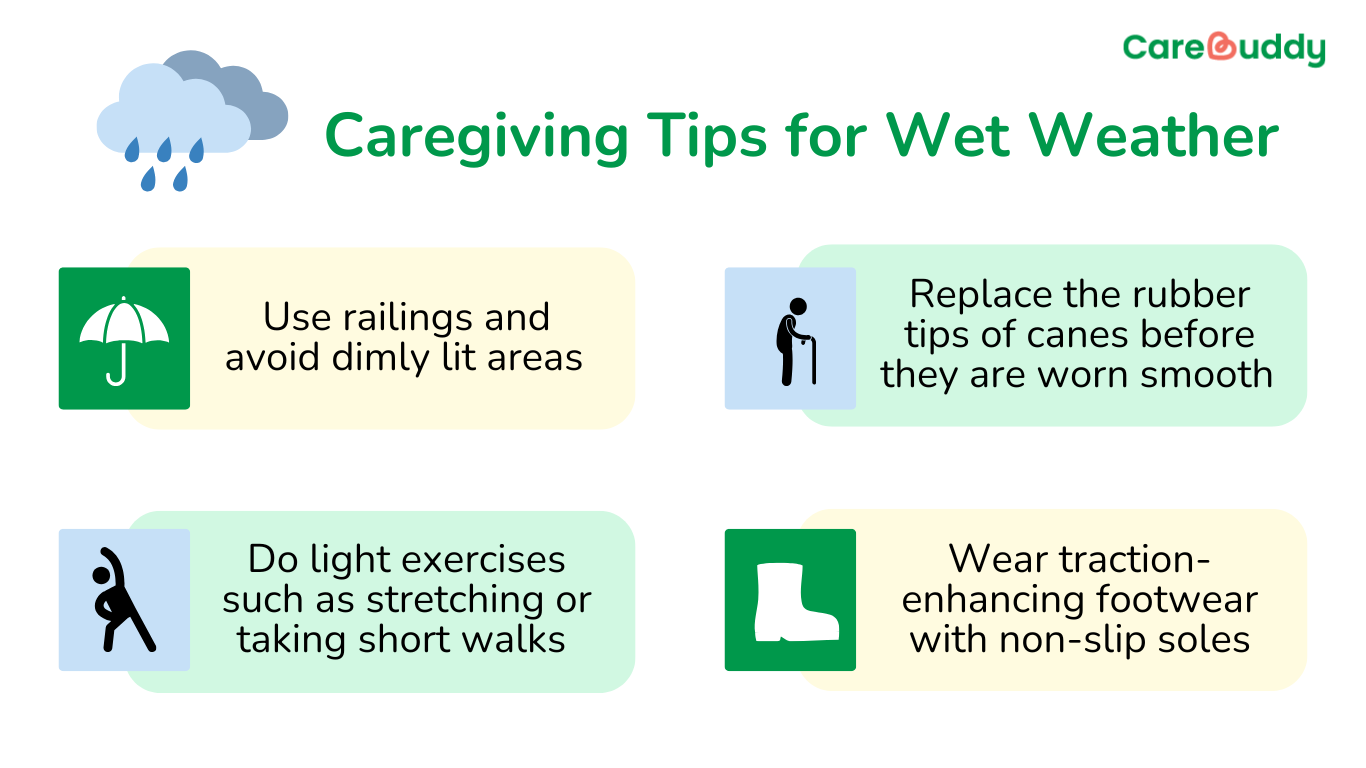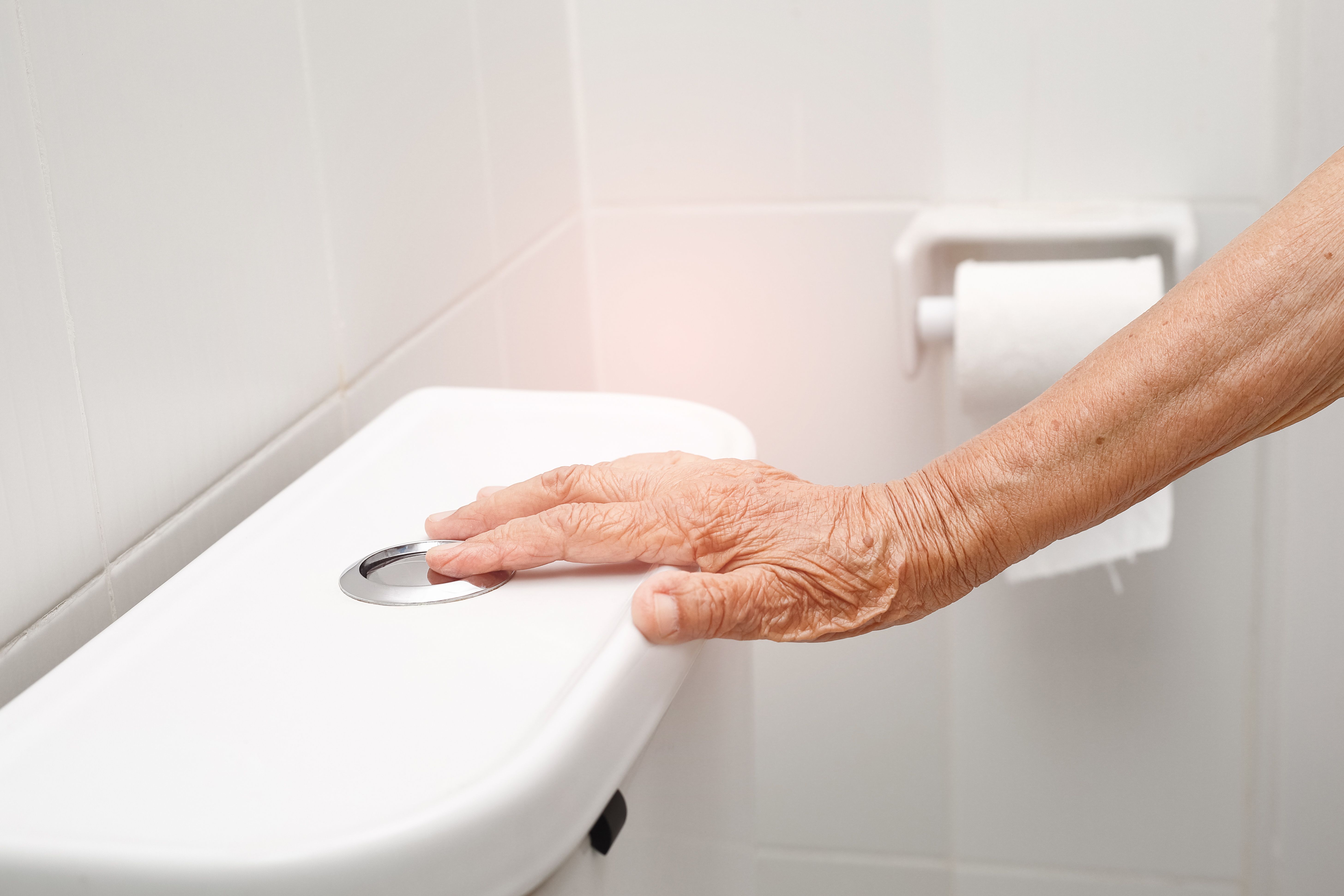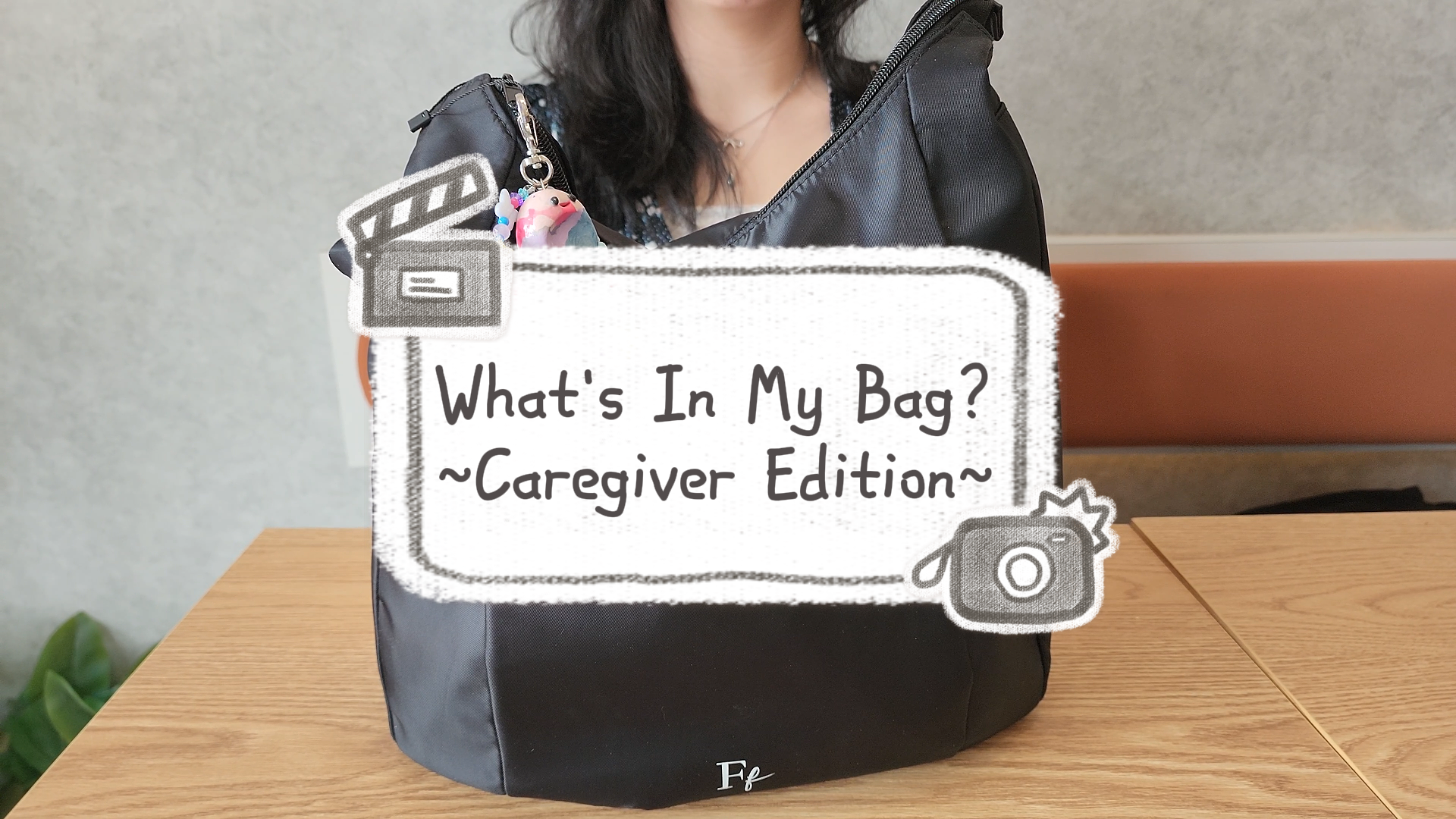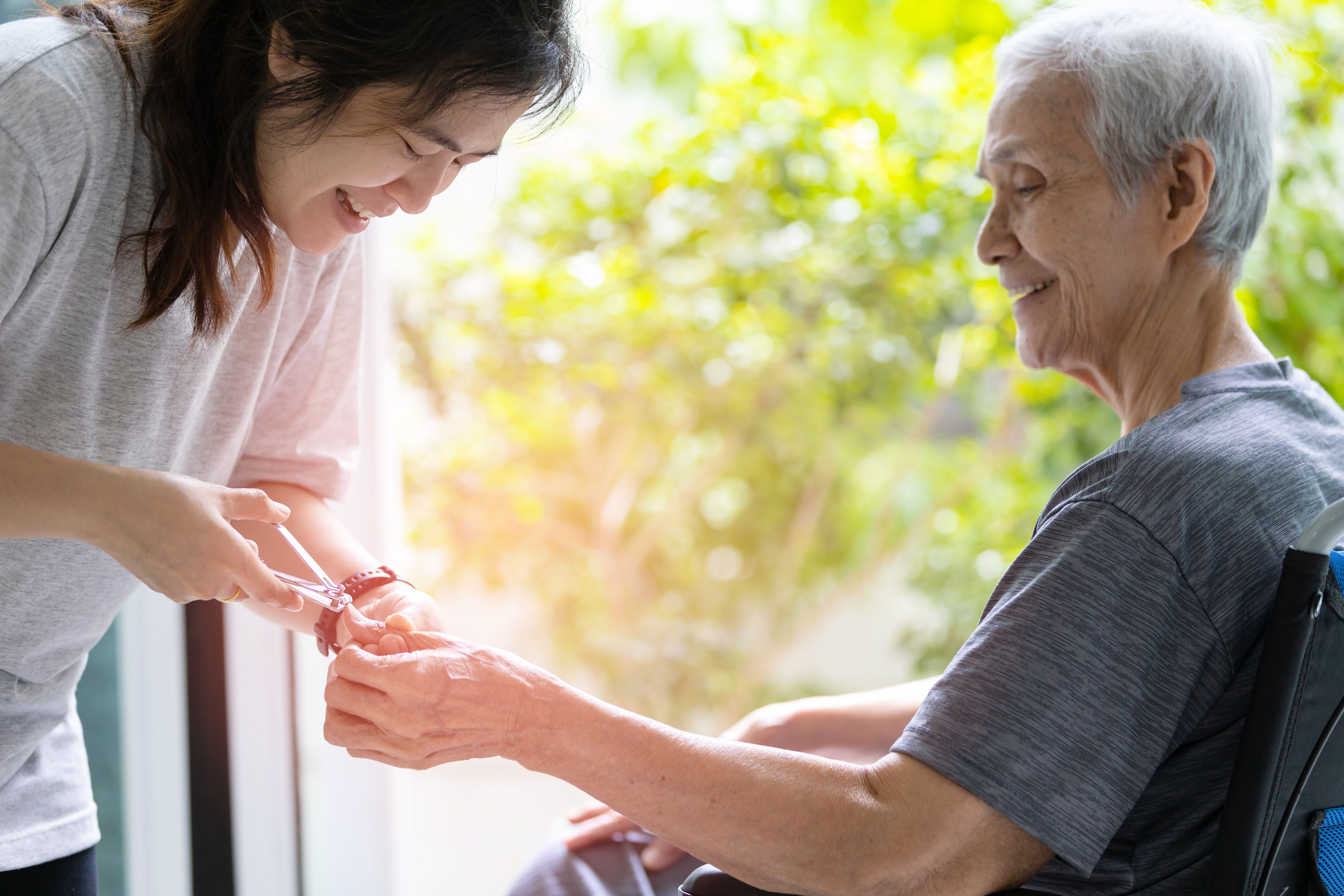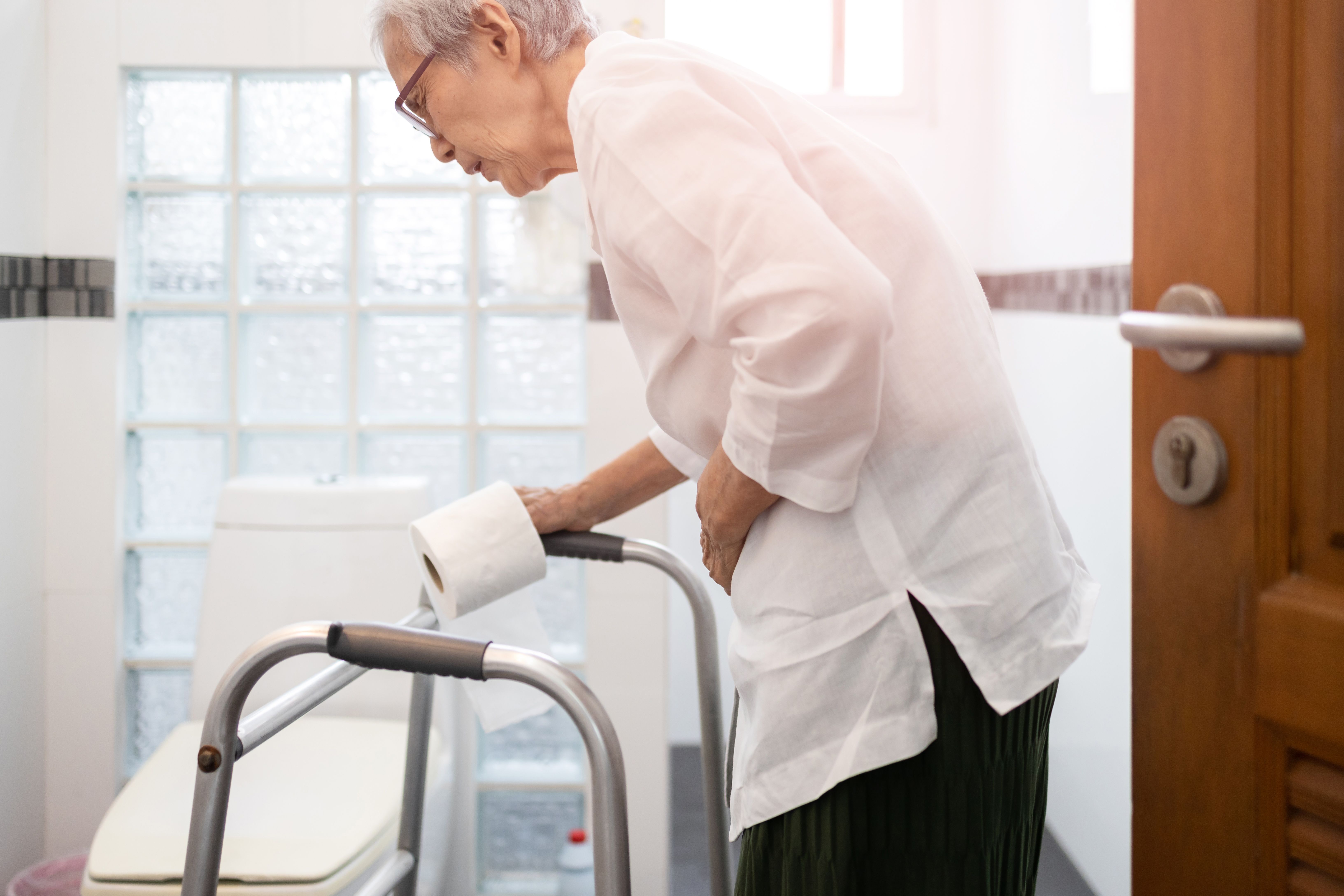9 Principles of caregiving
- CareBuddy
- 4 Mins Read
- 01 Aug 2022
- Caregiving

There’s an unlimited number of scenarios you could possibly encounter while providing care to a care receiver. But to make things a little simpler, we’ve distilled it into 9 basic principles.
9 basic principles of caregiving
- Respect the lifestyle, culture and values of the care receiver.
- Expand the care receiver’s abilities to help them be independent.
- Pay attention to safety and privacy.
- Give priority to prevention so that the least possible care is required.
- Respect the choices of the care receiver.
- Support the dignity and happiness of the care receiver.
- Help the care receiver maintain contact with society.
- Closely observe the care receiver to find changes in their physical and mental state.
- Seek collaboration with healthcare professionals and service providers.
Let’s look at each of these in more detail
- Respect the lifestyle, culture and values of the care receiver
Keep in mind the cultural background and lifestyle of the care receiver. What appears unreasonable to you might be reasonable to the care receiver. Don’t deny their views and preferences as this will damage your trusting relationship with them. - Expand the care receiver’s abilities to help them be independent
While you’ll be tempted to do everything for the care receiver, don’t do so. Whenever possible, draw out the care receiver’s abilities and let them do things themselves, while constantly watching over them of course. Don’t forget to compliment them for their efforts. - Pay attention to safety and privacy
Acquire correct knowledge of care and reliable skills. Maintain a safe and comfortable environment for the care receiver. Do what it takes to preserve their privacy and avoid their embarrassment. Keep all their private information to yourself. - Give priority to prevention so that the least possible care is required
Be alert and minimise any factors at the care site that could spread infectious diseases or cause accidents. Also ensure that the care receiver doesn’t develop disuse syndrome due to excessive rest and lack of usage of various muscles. - Respect the choices of the care receiver
Let the care receiver perform actions according to their will and preferences. This will help them exercise their individuality and be themselves. - Support the dignity and happiness of the care receiver
Treat the care receiver as an equal and not someone weaker than you. Let them positively express their feelings. Normalise any disability or illness they may have so that they don’t feel inadequate but can instead find joy and meaning in life. - Help the care receiver maintain contact with society
Enable the care receiver to have social relationships and continue doing activities they enjoy that help them stay connected with society. Help them adapt to any changes in their abilities that make them have to perform those activities differently. - Closely observe the care receiver to find changes in their physical and mental state
The caregiver is in a unique position to observe the care receiver during a large part of their day and from close up. Apply your powers of observation at all times to detect any changes in their physical or mental state that may require medical attention. - Seek collaboration with healthcare professionals and service providers
Don’t think you have to do it all yourself! There’s an entire ecosystem of healthcare professionals such as doctors, occupational therapists, physical therapists and more who can help you with their expertise. Exchange information with them regularly and work with them to refine your approach.
Article reviewed by David Tay, Senior Principal Educator (Nursing and Prehospital Care), HMI Institute.

